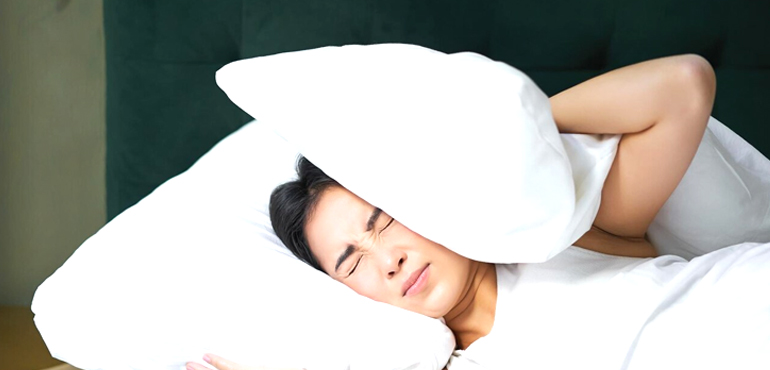Best Snoring Treatment at Lowest Cost in Janakpuri, Delhi
Snoring occurs when the restricted air flows past relaxed tissues while sleeping. Snoring creates hoarse or harsh sounds that can get chronic while increasing the risk of heart attacks, stroke, and other health issues. Snoring affects sleep, leading to disturbances for you and your partner.
There are specific medical devices that can work to decrease snoring during sleep. However, for severe disruptive snoring issues, the doctor may recommend surgery that can help ease breathing while sleeping.
What is Snoring?
The noisy breathing, while you sleep, is known as snoring. It is not a serious issue when it occurs once in a while. But, when it occurs more often it leads to chronic health conditions. It is observed that snoring is more common in men and overweight people, and it can worsen with age. The air passage from the mouth or nose gets obstructed during sleep. In such cases, when there is an air passage obstruction, the air tends to force itself, and the soft tissues of the mouth, nose, and throat vibrate together, making snorting or gurgling sounds. Snoring can lead to long-term sleep disorders such as obstructive sleep apnea. It can also trigger other health issues like heart attacks, breathing problems, and stroke.
Snoring Symptoms To Look Out For
Snoring is often linked with “Obstructive Sleep Apnea” (OSA). However, not all snorers have OSA. OSA is associated with loud snoring followed by gaps of silence where the breathing nearly comes to a halt. The breathing pauses may awaken you with a gasping sound or a sudden large snort. Eventually, leading to a sleep disturbance. These breathing patterns may awaken some more than once or many times during a night’s sleep. Here are some of the OSA symptoms often seen in people who snore are:
- • Paused breathing during sleep
- • Often sleeping during the daytime,
- • Concentration issues
- • Headaches, especially in the mornings
- • Sore throat in the morning hours
- • Restless sleep
- • Air gasping or choking during sleep
- • High Blood pressure
- • Pain in the chest,
- • Loud snoring causing disturbances
- • Behavioural issues, less attentiveness, and performance in School.



















